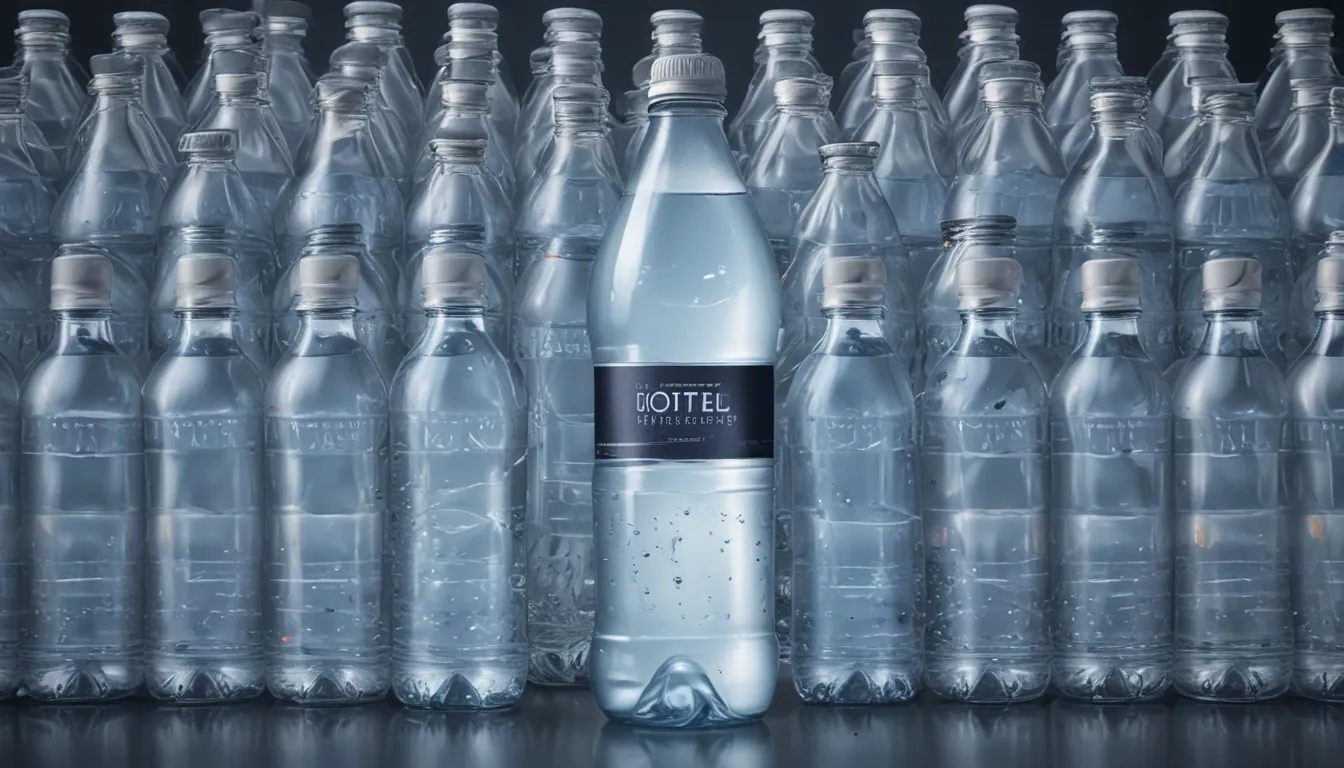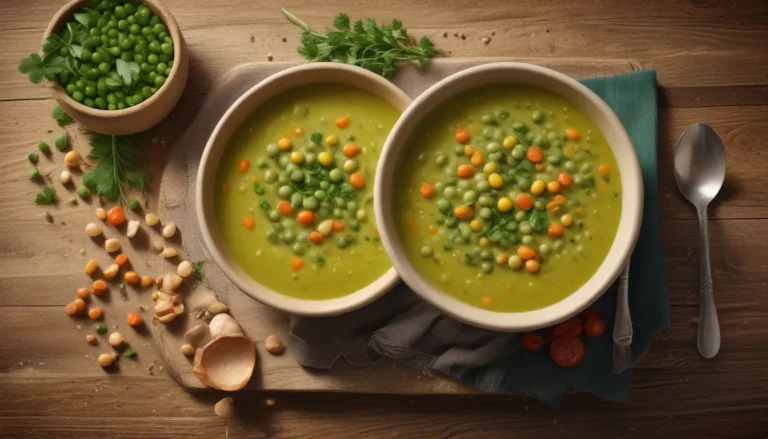The pictures in our articles might not always show exactly what the text is talking about. We use these images to make the article more interesting and eye-catching. They are there to add to the text, but not to replace it or show every detail.
Welcome to the ultimate guide on bottled water facts. In this article, we will delve into the world of bottled water, uncovering essential information that every consumer should know. From the classification and market share to the safety concerns and environmental impact, we will explore every aspect of this popular beverage. Let's dive in and discover the truth about bottled water.
Essential Facts
When it comes to bottled water, there are crucial facts that every consumer should be aware of:
- Safety: Contrary to popular belief, bottled water is not necessarily safer than tap water. While tap water is regulated by the EPA, bottled water falls under the jurisdiction of the FDA.
- Convenience: Bottled water is highly convenient for consumers on the go, making it easy to stay hydrated throughout the day.
- Source: Surprisingly, approximately 45% of bottled water comes from municipal water sources, the same as tap water.
- Labelling: Be wary of misleading labelling on bottled water products, as some terms may not accurately represent the product's source or quality.
Interesting Facts
As we unravel more about bottled water, here are some intriguing facts to consider:
- Market Share: Bottled water holds a significant market share, accounting for 29% of the U.S. bottled beverage market and ranking as the second largest commercially bottled beverage in the country.
- Types: There are various classifications of bottled water, including spring water, purified water, distilled water, and mineral water, each with its unique characteristics.
- Storage: Proper storage of bottled water is crucial for safety, as excessive heat can cause harmful chemicals to leach into the water.
- Cost: Bottled water is significantly more expensive than tap water, with an average price of $8.00 per gallon compared to less than one cent per gallon for tap water.
Bottled Water Production Impact
The production of bottled water has far-reaching consequences on the environment and natural resources:
- Recycling: Shockingly, less than 20% of plastic water bottles are recycled, leading to millions of tons of plastic waste annually.
- Resource Usage: The production of bottled water consumes over 17 million barrels of oil and one million tons of plastic each year, depleting valuable natural resources.
- Environmental Cost: The environmental impact of bottled water production extends to the emission of carbon dioxide and the depletion of fossil fuels.
In conclusion, while bottled water offers convenience and accessibility, it is crucial for consumers to be informed about its safety, environmental impact, and cost. By understanding the facts presented in this article, consumers can make more informed choices when it comes to their water consumption.
Thank you for exploring the world of bottled water facts with us. Stay informed, stay hydrated, and remember, knowledge is power.






